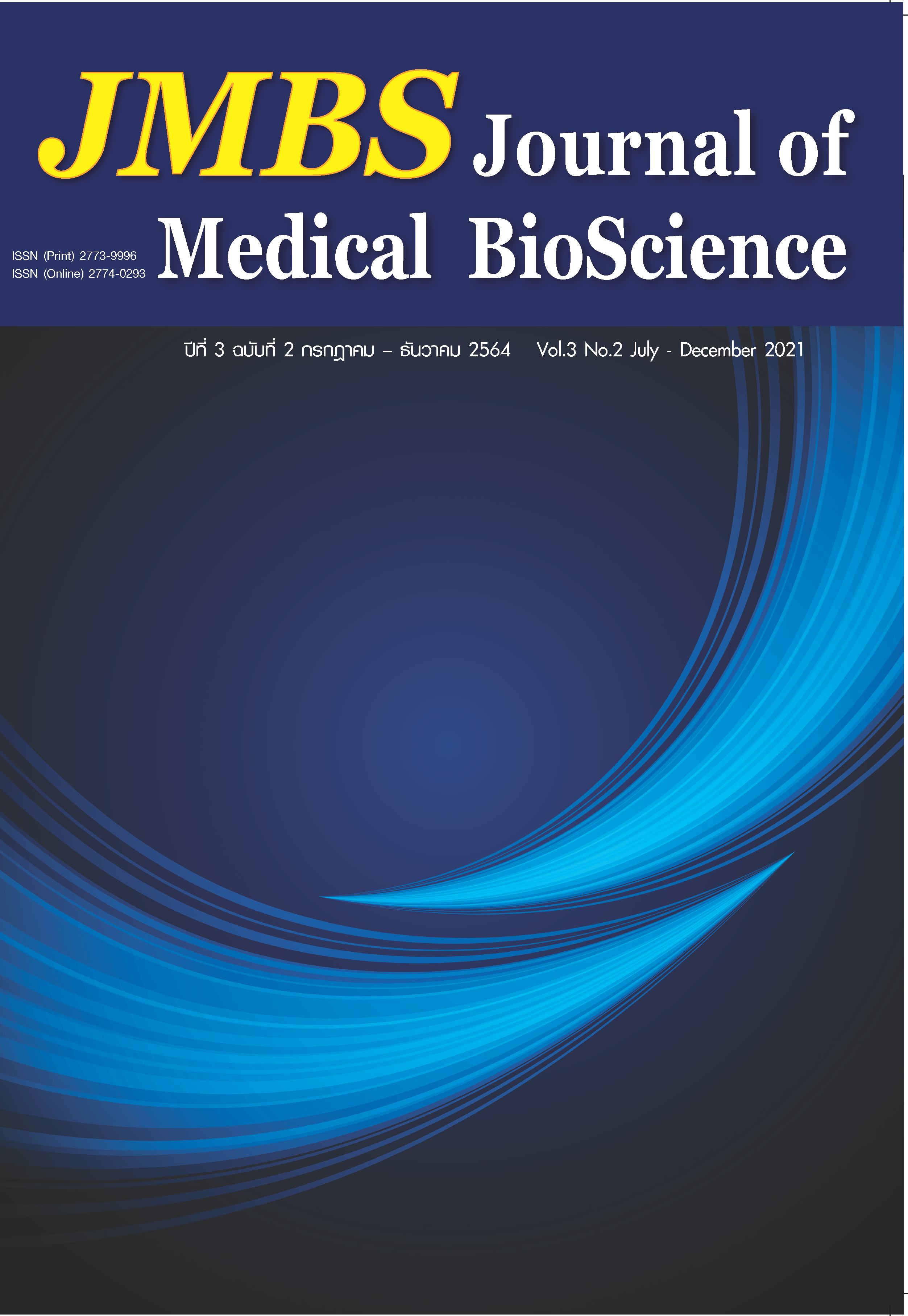A retrospective of occupational post-exposure prophylaxis against HIV infection in healthcare workers at King Chulalongkorn Memorial Hospital
Keywords:
Accident, antiretroviral drugs, healthcare workers, occupational post-exposure prophylaxis against HIV infectionAbstract
Background: Healthcare workers are at risk for exposure to diseases through direct contact with patients. A large number of newly registered antiretroviral drugs currently available, both in monotherapy and in combination formulations, has led to adjustments in clinical practice for human immunodeficiency virus (HIV) prophylaxis. Therefore, analysis of antiretroviral drug regimens used, to determine whether they meet clinical guidelines or not, is important to ensure safety for healthcare workers.
Objective: This study aimed to investigate the antiretroviral drug regimens received by healthcare workers.
Methods: Retrospective data were collected, from patients diagnosed by ICD-10 criteria from January 1, 2019 to December 31, 2022, by the researcher. The data from an electronic database, which was created specifically for research purpose, were screened and confidential.
Results: During the period between January 1, 2019 and December 31, 2022, at the emergency room, there were 121 visits from 106 healthcare workers, who had occupational accidents and requested antiretroviral therapy to prevent post-exposure HIV infection. In 116 of those visits, which represented 95.9%, physicians prescribed antiretroviral drugs no later than 72 hours after exposure, which was in line with clinical guidelines. Most of those who received antiretroviral drugs in 2019, 2020, and 2021 were prescribed rilpivirine + tenofovir disoproxil fumarate /emtricitabine. This regimen accounted for 77.2%, 82.2%, and 78.1% in each year, respectively. While for those who received antiretroviral drugs in 2022, the majority of them were prescribed dolutegravir + tenofovir disoproxil fumarate /emtricitabine, which represented 85.7%. Common adverse effects found from antiretroviral drugs were nausea, vomiting, jaundice, and facial numbness.
Conclusion: At King Chulalongkorn Memorial Hospital, occupational post-exposure prophylaxis prescriptions in healthcare workers were consistent with Thailand National Guidelines on HIV/AIDS diagnosis, treatment, and prevention.






